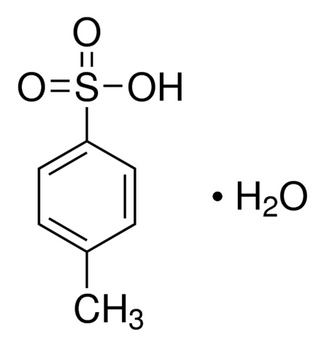Description
Citric acid ACS reagent, ≥99.5%, 100G
-
CAS Number 77-92-9
-
Linear Formula HOC(COOH)(CH2COOH)2
-
Molecular Weight 192.12
-
Beilstein/REAXYS Number 782061
-
EC Number 201-069-1
-
MDL number MFCD00011669
-
eCl@ss 39021801
-
PubChem Substance ID 24855122
Properties
| Related Categories | ACS Grade Buffers, Acids, Acids & Bases, Analytical/Chromatography, Biochemicals and Reagents, Biological Buffers, Buffers A to Z, Building Blocks, C6, Carbonyl Compounds, Carboxylic Acids, Cell Biology, Chelators, Chemical Synthesis, Chemicals for the synthesis of candidate COVID-19 treatments, Cobicistat, Darunavir, HybridSPE-Phospholipid Technology, Nutrition Research, Organic Acids, Organic Building Blocks, Other Biochemical, Phytochemicals by Chemical Classification, Precipitation Solvents, Blends, Additives, Sample Preparation & Purification, Solid Phase Extraction (SPE), Synthetic Reagents Less... |
| Quality Level | 200 |
| grade | ACS reagent |
| assay | ≥99.5% |
| expl. lim. | 8 %, 65 °F |
| impurities | Substances carbonizable by hot sulfuric acid, passes test |
| ign. residue | ≤0.02% |
| pKa | (1) 3.13, (2) 4.76, (3) 6.4 |
| mp | 153-159 °C (lit.) |
| anion traces | chloride (Cl-): ≤0.001% |
| - | oxalate (C2O42-): passes test (limit about 0.003%) |
| - | phosphate (PO43-): ≤0.001% |
| - | sulfate (SO42-): ≤0.002% |
| cation traces | Fe: ≤3 ppm |
| - | Pb: ≤2 ppm |
| storage temp. | room temp |
| SMILES string | OC(=O)CC(O)(CC(O)=O)C(O)=O |
| InChI | 1S/C6H8O7/c7-3(8)1-6(13,5(11)12)2-4(9)10/h13H,1-2H2,(H,7,8)(H,9,10)(H,11,12) |
| InChI key | KRKNYBCHXYNGOX-UHFFFAOYSA-N |
| Gene Information | human ... SRC(6714) |
General description
Citric acid is an organic acid commonly used as a chelating agent, a buffering agent, for pH adjustment and derivatization.[8]
Application
Citric acid has been used to prepare:
• Phosphate citrate buffer for use in enzyme-linked immunosorbent assay.[4]
• Citrate-stabilized ceria aqueous sol, which was employed in the synthesis of cerium oxide nanoparticles.[1]
• Citric acid-Na2HPO4-buffered stock solution for use in the determination of fecal urease activity.[2]
• Anticoagulant citrate dextrose solution A (ACD-A), which is employed during the isolation of blood-derived endothelial progenitor cells.[6]
Citric acid has also been used:
• In a novel process which allows controlling of the particle size during the synthesis of palladium cuboctahedrons.[7]
• To prepare citric acid-derived carbon nanodots (CNDs) by bottom-up carbonization method.[5]
• As a bi-component chelating agent for the synthesis of Li4Ti5O12 (lithium titanate oxide) by a novel sol–gel method.[3]
Packaging
1, 2.5 kg in poly bottle
12 kg in fiber drum
5, 100, 500 g in poly bottle
Safety Information






